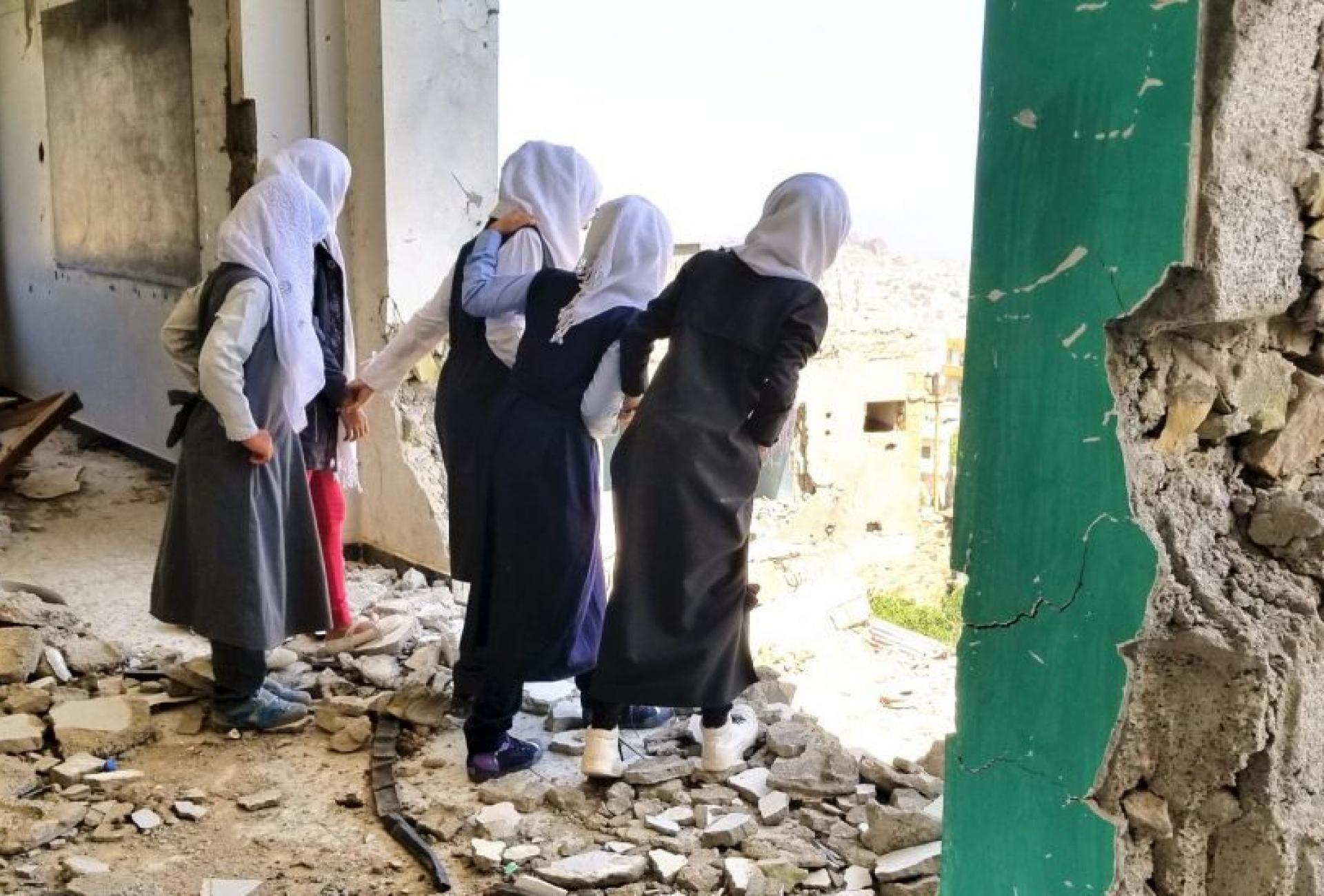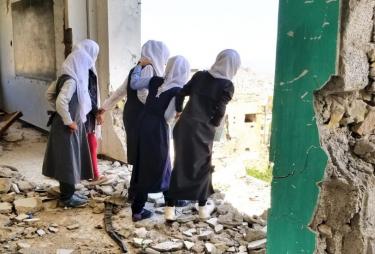Support local forces to reverse developments in Yemen


Many are disappointed after this week’s International Donors’ Conference for Yemen. The UN appealed for USD 3.85 billion to avert a famine and alleviate the situation of the millions of civilians caught up in the seven-year war. Not even half was collected.
However, in the ongoing humanitarian work, our member organizations ADRA and PMUparticipate. Through their local partners, they provide medical care, food aid, water and sanitation solutions in a country where humanitarian aid is the lifeline for two-thirds of the population.
” With its roots among vulnerable people, and a long-term presence in the country, these local forces can build trust. That is the key for Yemen to eventually recover. However, a comprehensive approach to peace, humanitarian aid and long-term development is needed in order for a recovery to even be possible.
So says Lennart Nolvall, humanitarian administrator, who was involved in listening to the donor conference and who specifically monitors issues of nexus and resilience at SMC – Faith in Development.
It is a well-known problem that development aid, humanitarian aid and peace-building work are carried out independently of each other, or with a lack of coordination. By working explicitly with resilience, the conditions for connecting these different agendas – which are commonly referred to as “nexus” – increase. However, in order for change to persist over time, they must be locally rooted among the people affected. SMC’s network of member organizations with local partners all over the world has a special opportunity to follow developments over time.
Want to know more?
Read more about resilience and nexus on our website.
Read more about the donors’ conference in the magazine Omvärlden.
